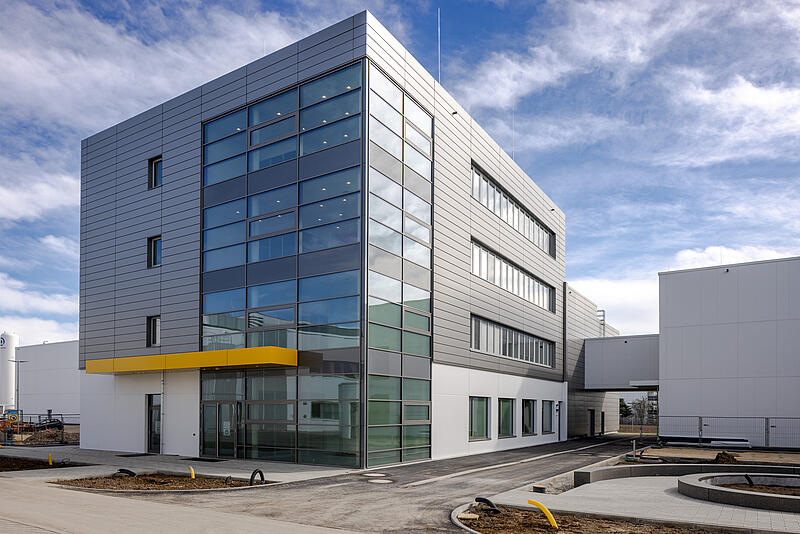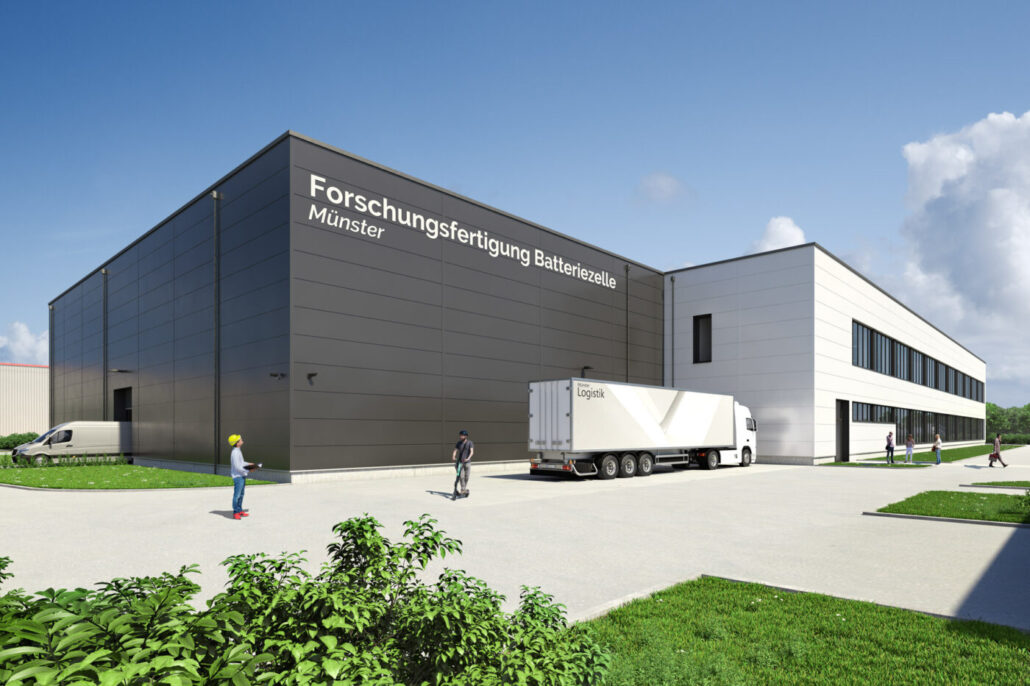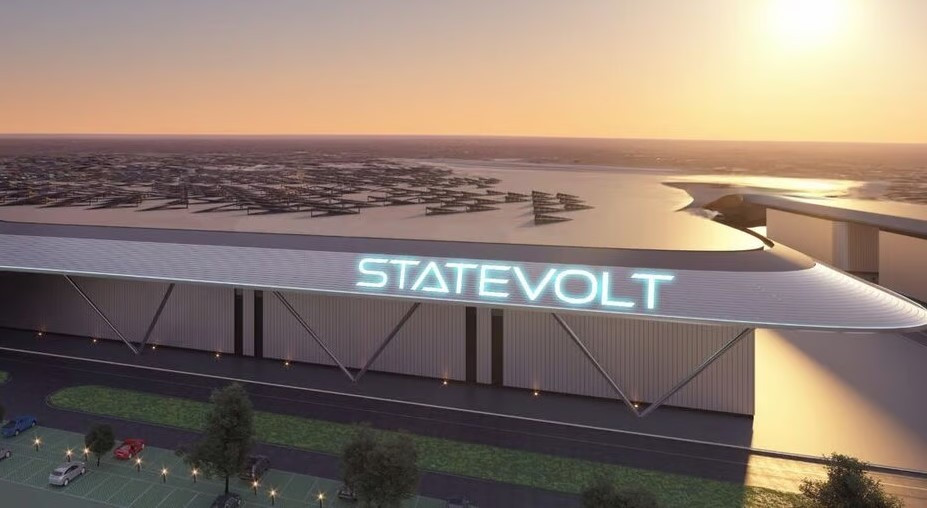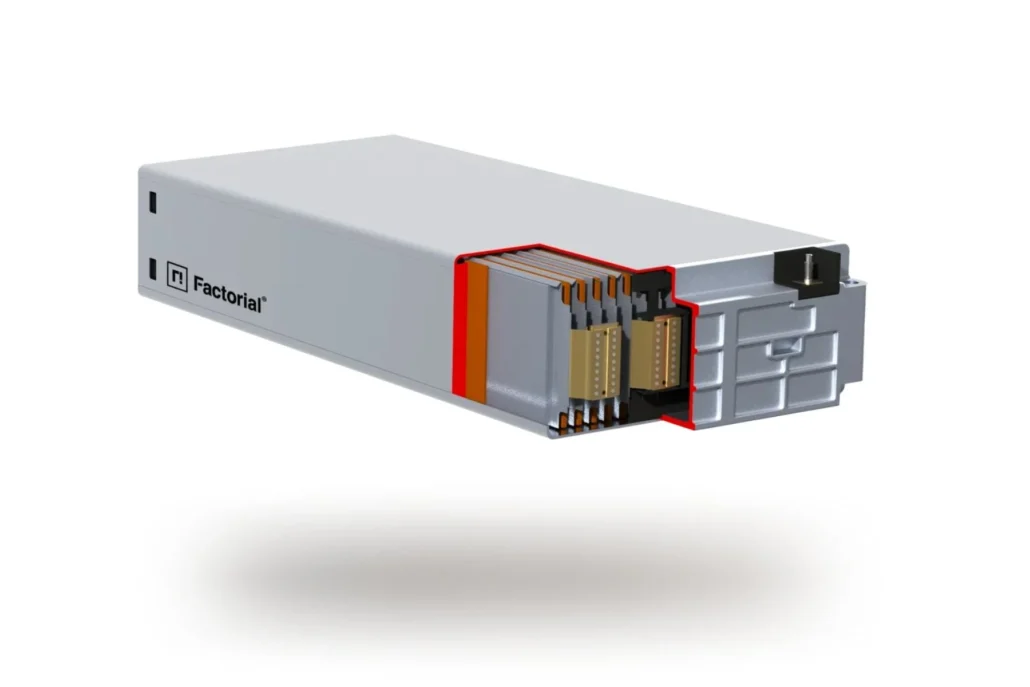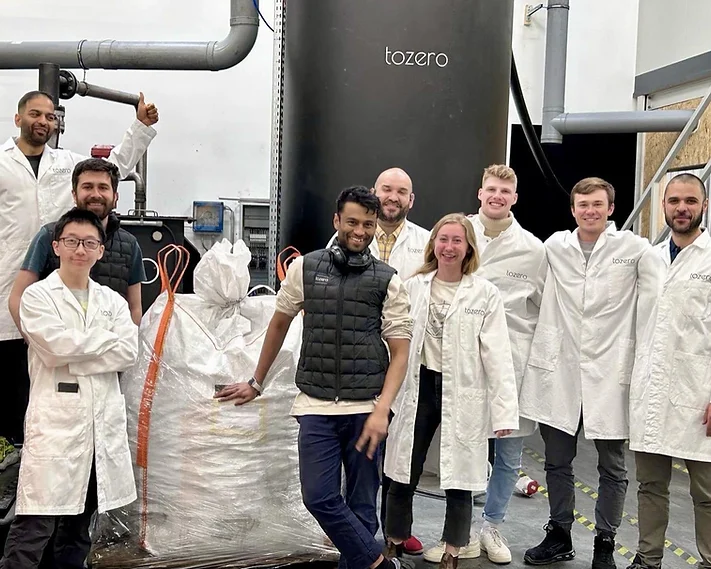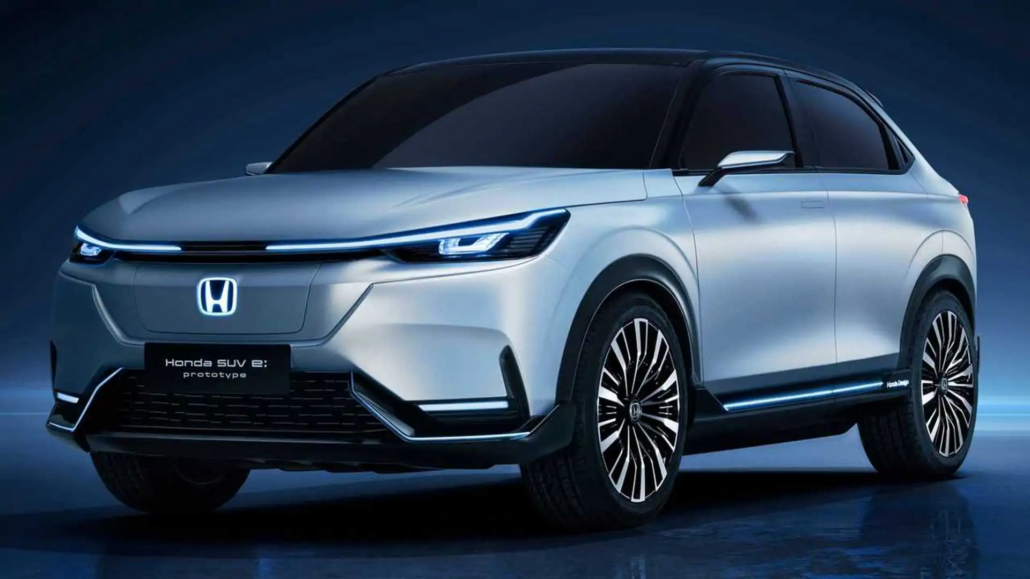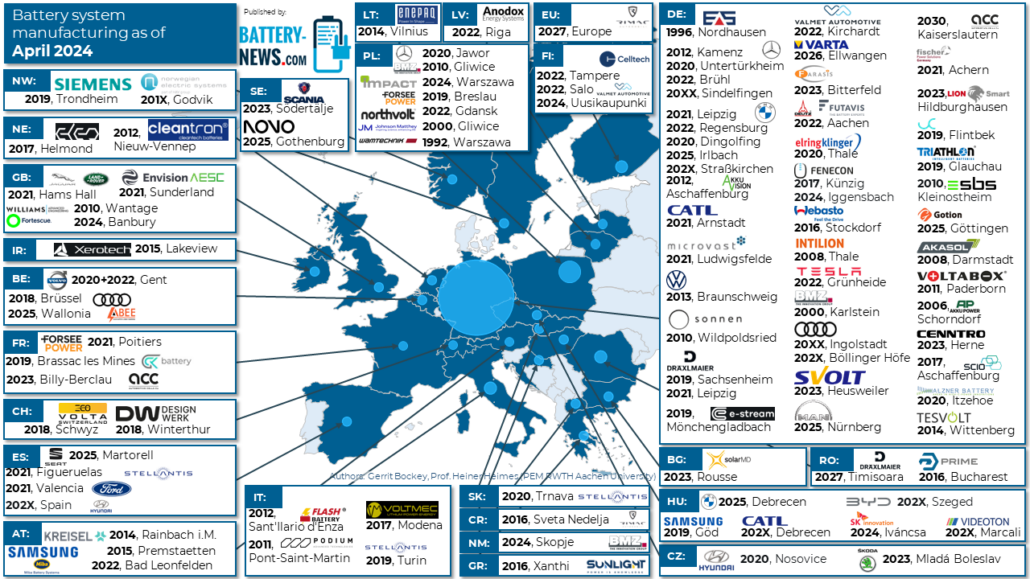Varta AG Initiates Project for Sodium-Ion Batteries
Under the leadership of Varta AG, the research project ENTISE, in collaboration with a consortium of 15 companies and universities, is dedicated to developing innovative cell chemistry for sodium-ion batteries. The three-year project, which begins on June 1st, aims to transfer this cell chemistry into functional formats. ENTISE stands for “Development of Sodium Ion Technology for Industrially Scalable Energy Storage.” The German Federal Ministry of Education and Research supports the project with around 7.5 million euros in funding. A vital component of the project is the production of sufficient quantities of the necessary materials to build robust laboratory samples and prototypes in round-cell design. In the final phase, scaling up and transferring to the pre-industrial sector (piloting) will produce a small series of round cells that enable a robust assessment of properties in practical scenarios. Sodium offers advantages as a raw material regarding accessibility, cost, safety, and recyclability. The challenge lies in transferring this technology into industrially viable and scalable cells, with ENTISE addressing this challenge. “This project represents a milestone in developing sustainable sodium-ion batteries for the German battery community,” says Rainer Hald, CTO of Varta AG. It underscores the need for further innovative and efficient storage technologies alongside the established lithium-ion technology to advance the future of decentralized energy storage and utilization.” Source: https://www.varta-ag.com/de/ueber-varta/aktuelles/details/varta-initiiert-und-koordiniert-neues-projekt-fuer-die-energiespeicherung-der-naechsten-generation
Varta AG Initiates Project for Sodium-Ion Batteries Read More »


